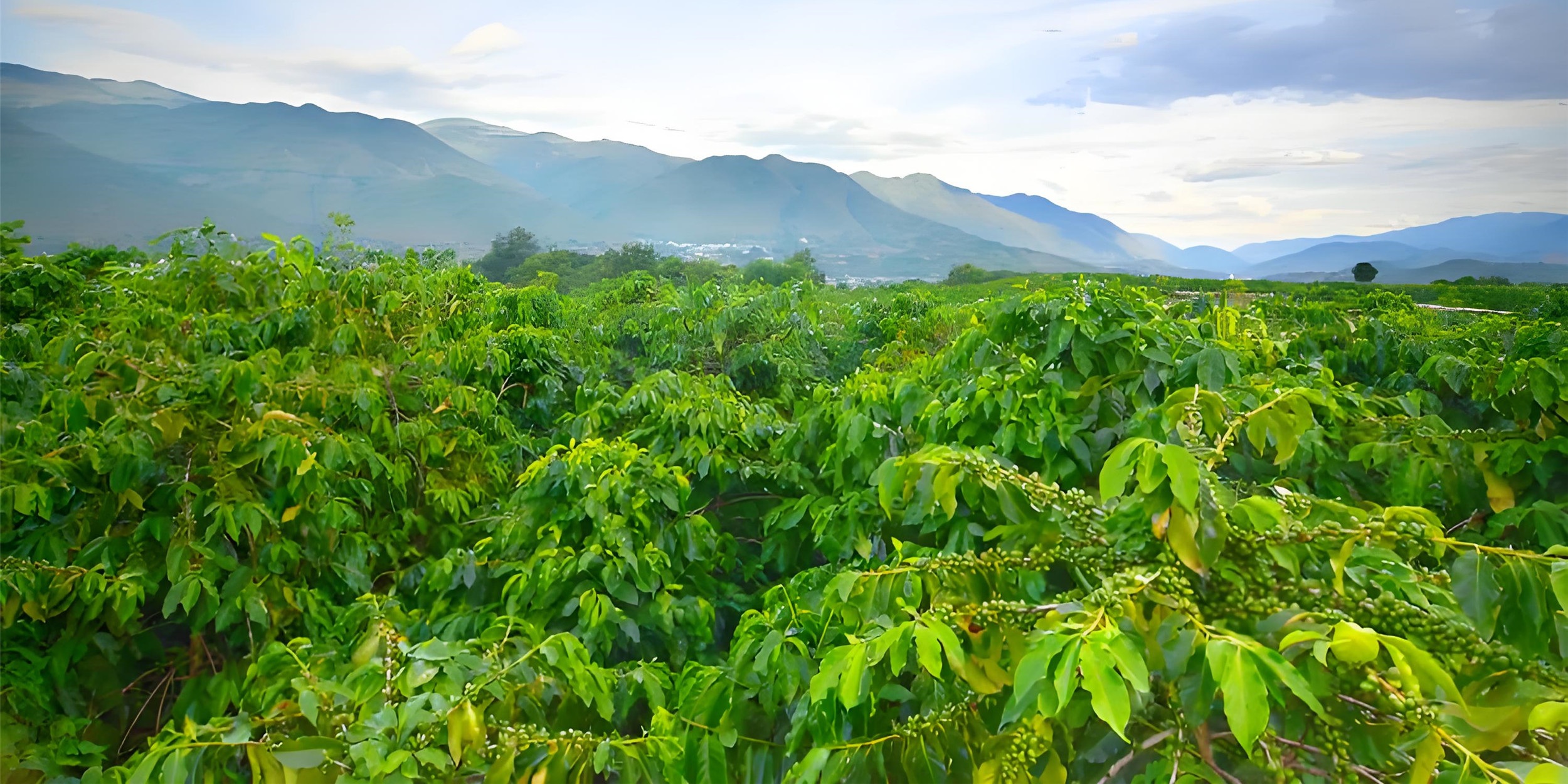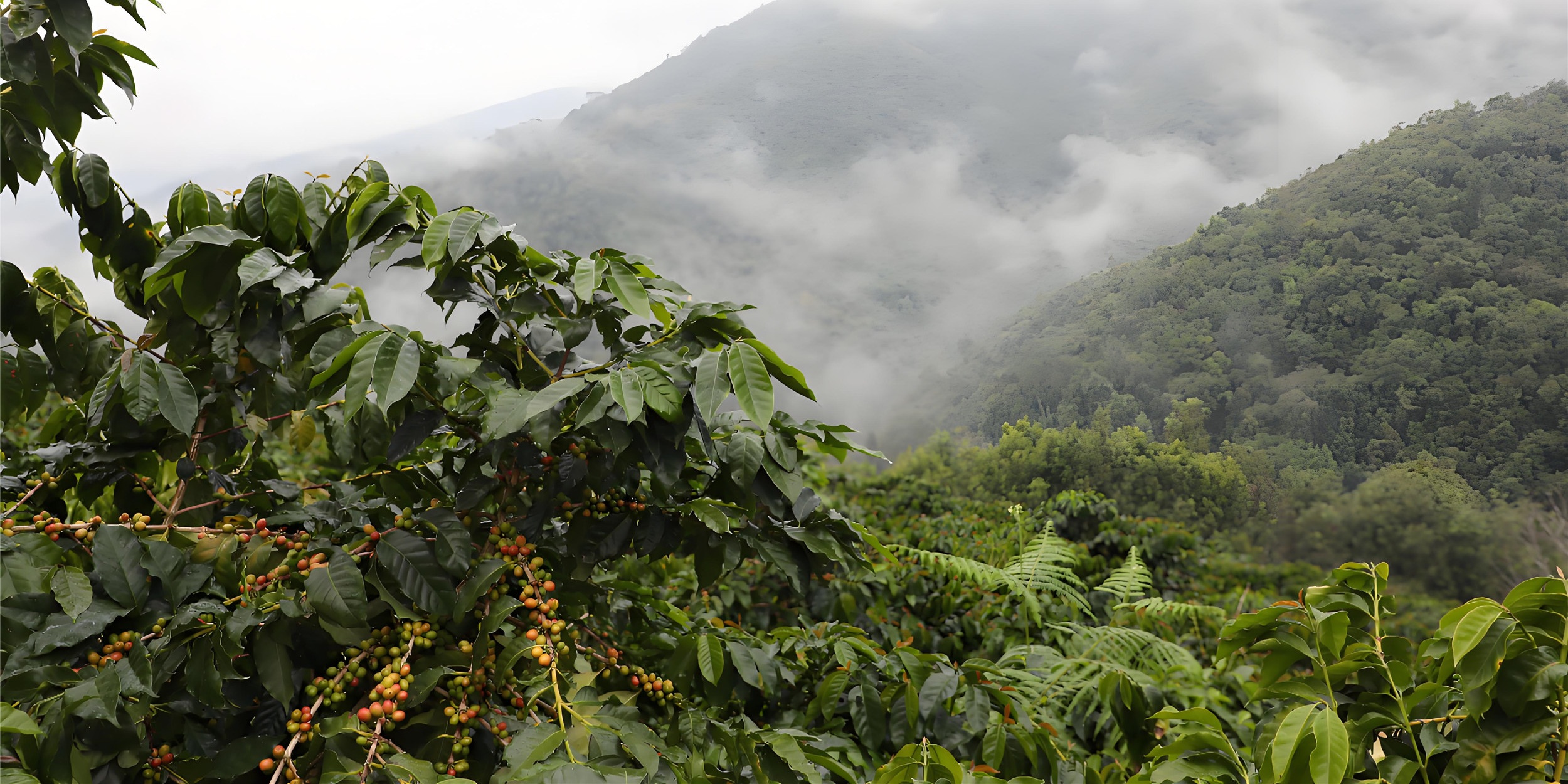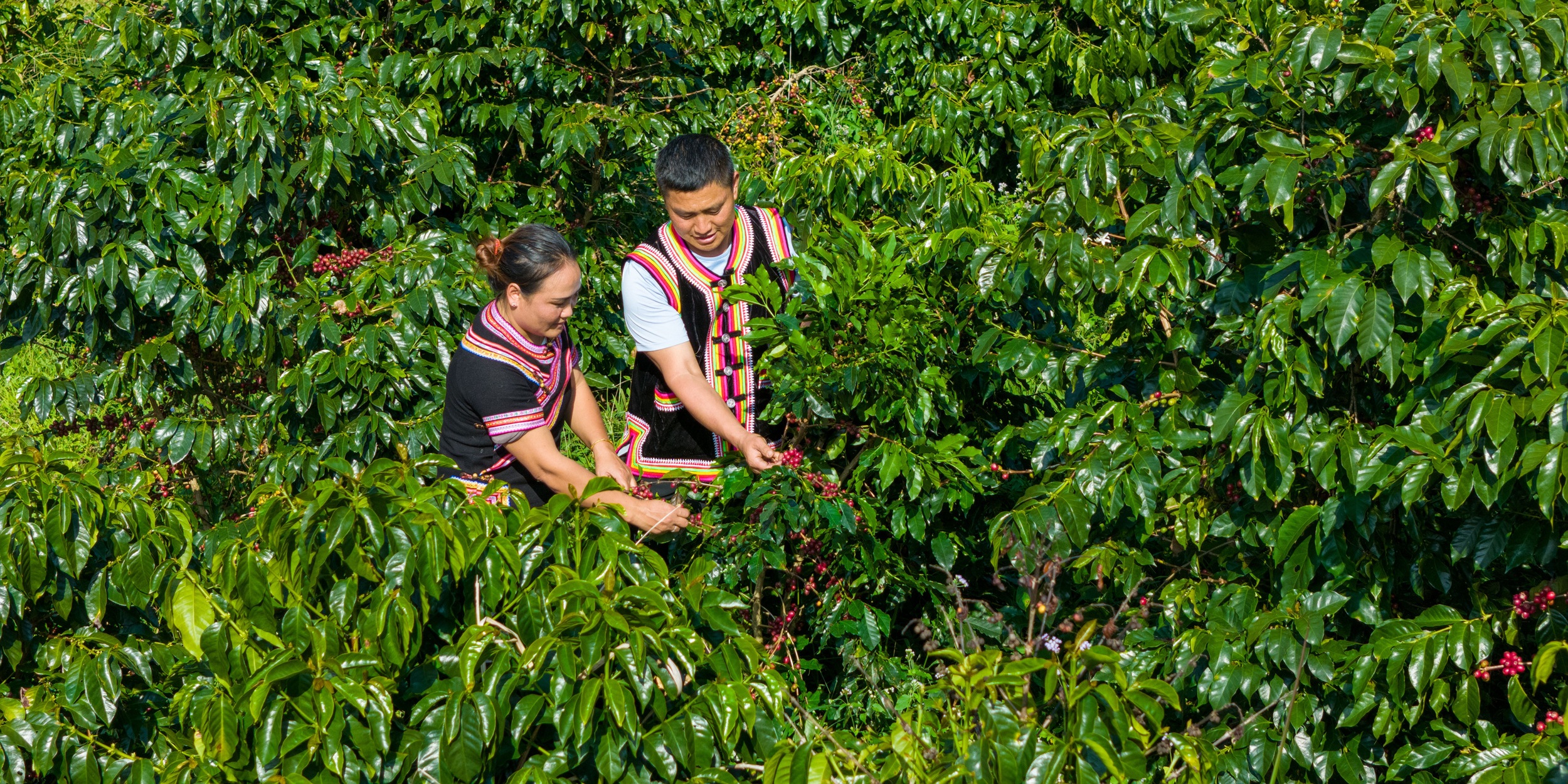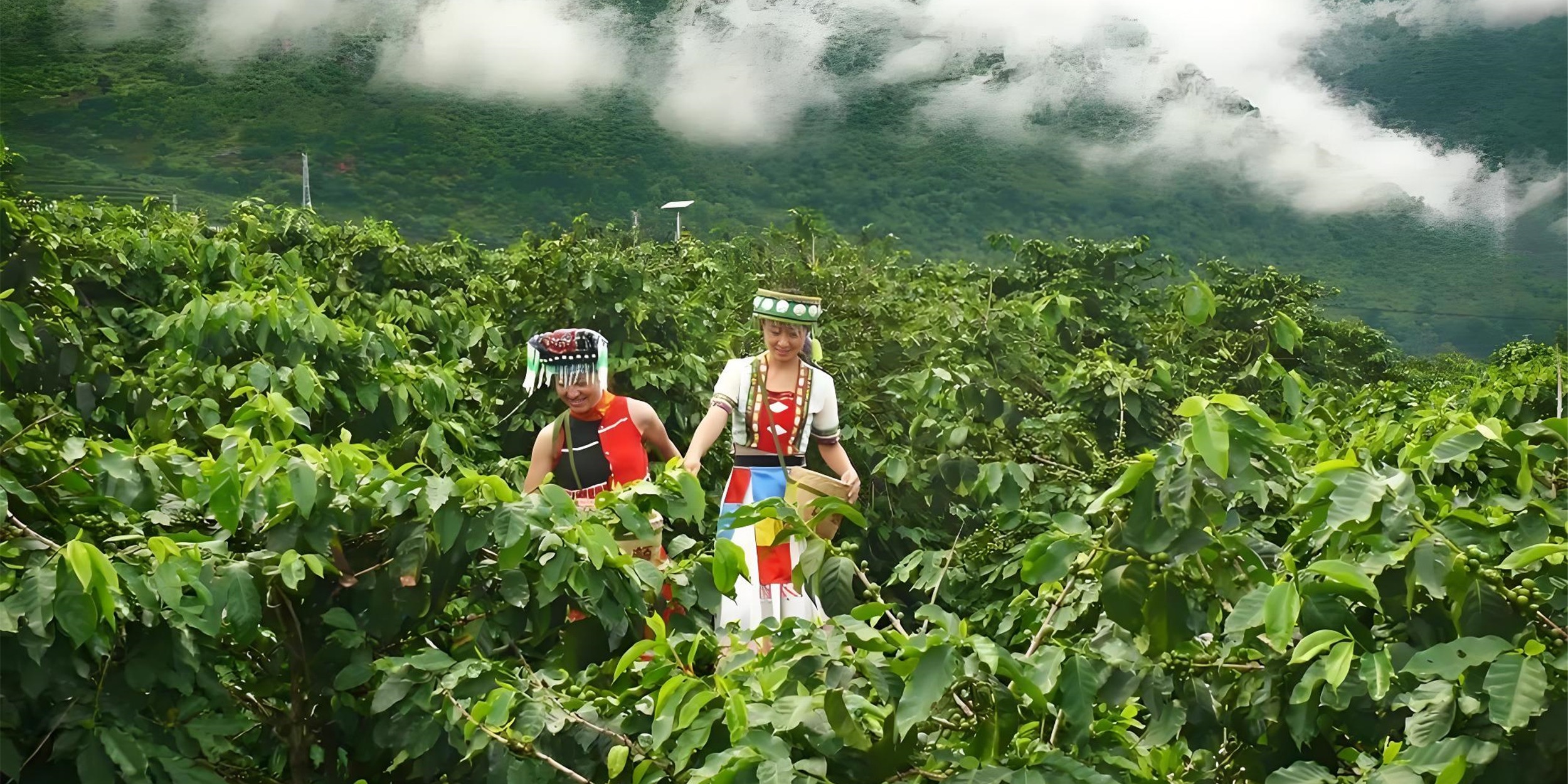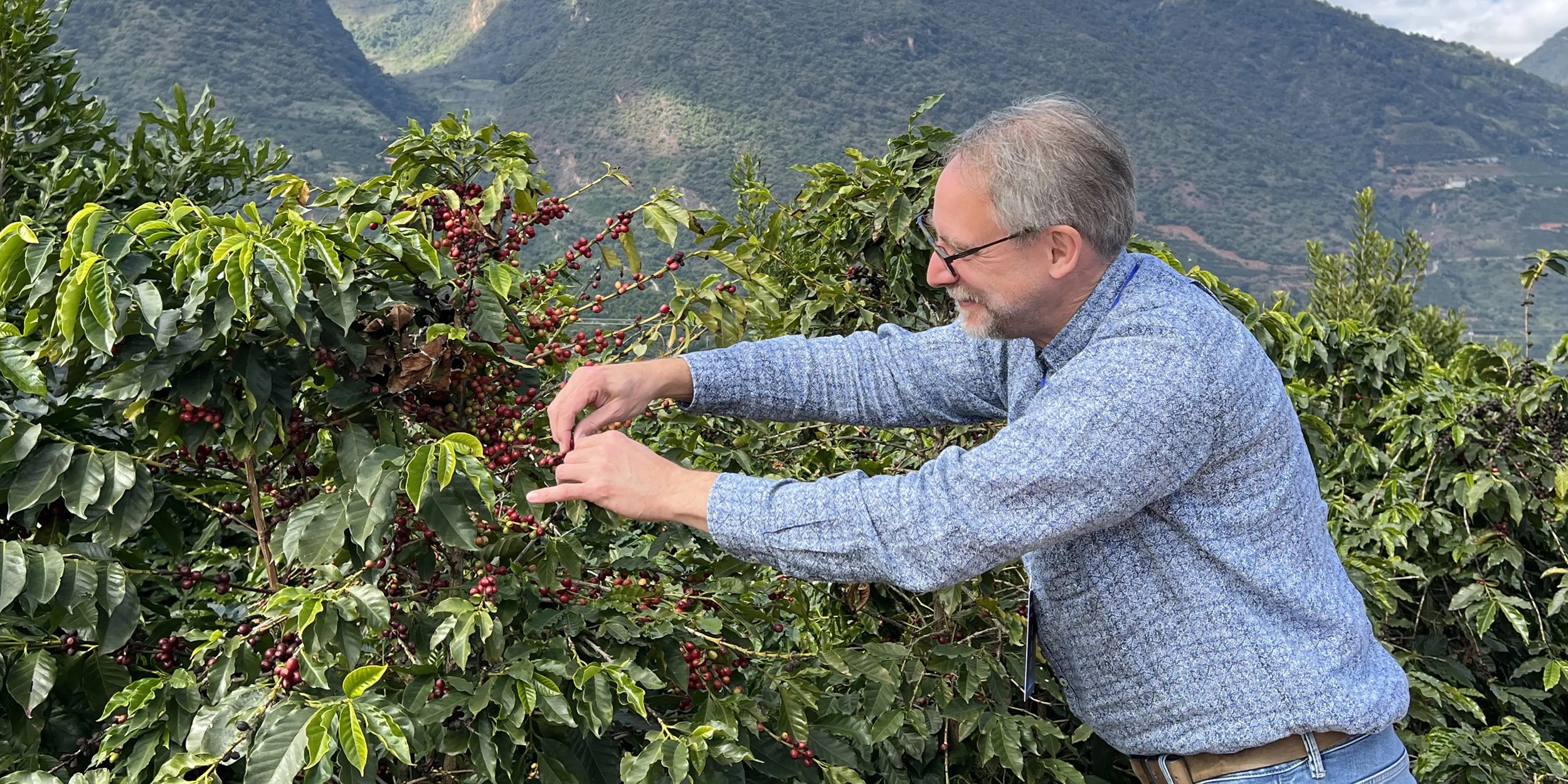总台记者探访丨巴西咖啡遭遇美关税壁垒 额外成本谁买单?Who will bear the additional cost of Brazilian coffee facing US tariff barriers?
美国对巴西咖啡的50%高额关税,引发咖啡产业连锁反应。作为全球最大的生产国,巴西咖啡出口商面临着订单被迫中止、仓库积压的困境。巴西行业人士批评美方政策“损人害己”,更担心这场关税风暴将波及全球咖啡市场与消费者。
总台记者 曹璇:巴西米纳斯州南部的这座城市乌贝兰迪亚,是全球最大的阿拉比卡咖啡的产区之一。据说在美国人的餐桌上,三杯咖啡中就有一杯来自这里。近期美国对巴西咖啡加征50%的关税,这笔额外成本最终由谁来承担?
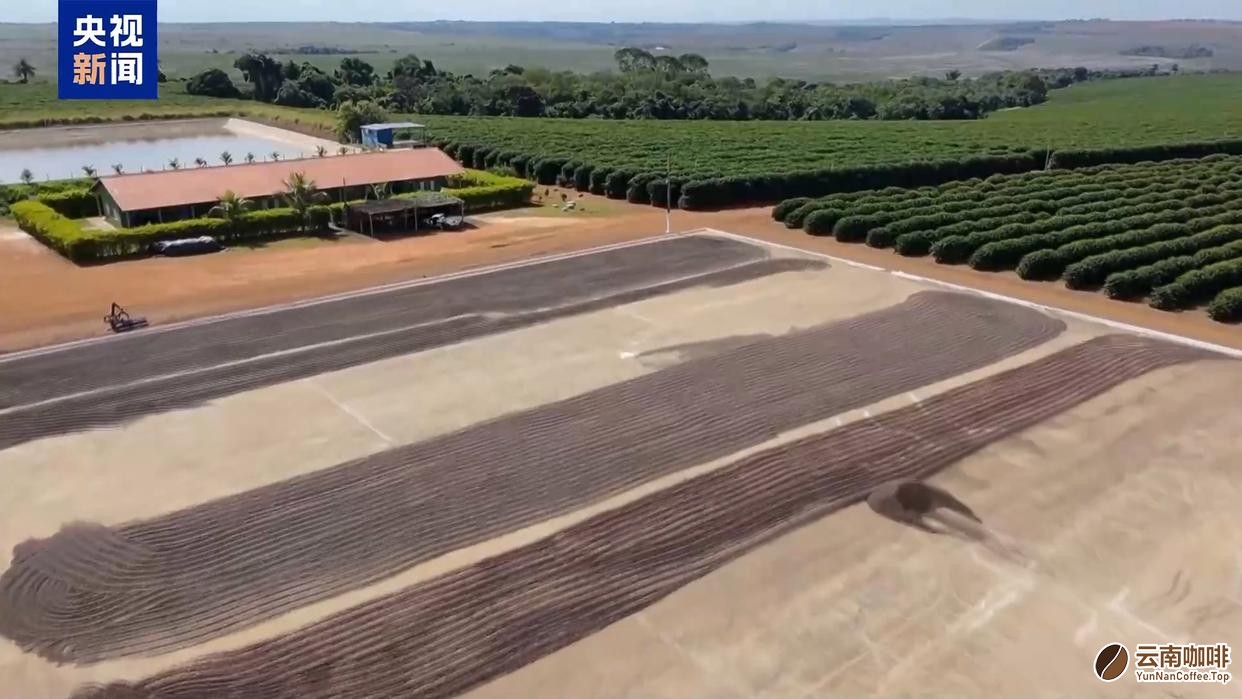
作为全球最大的咖啡消费国,美国几乎不种植咖啡,但咖啡产业链却为美国提供了约220万个就业岗位。如今美国加征高额关税,不仅对巴西出口构成打击,也可能反噬本国经济。
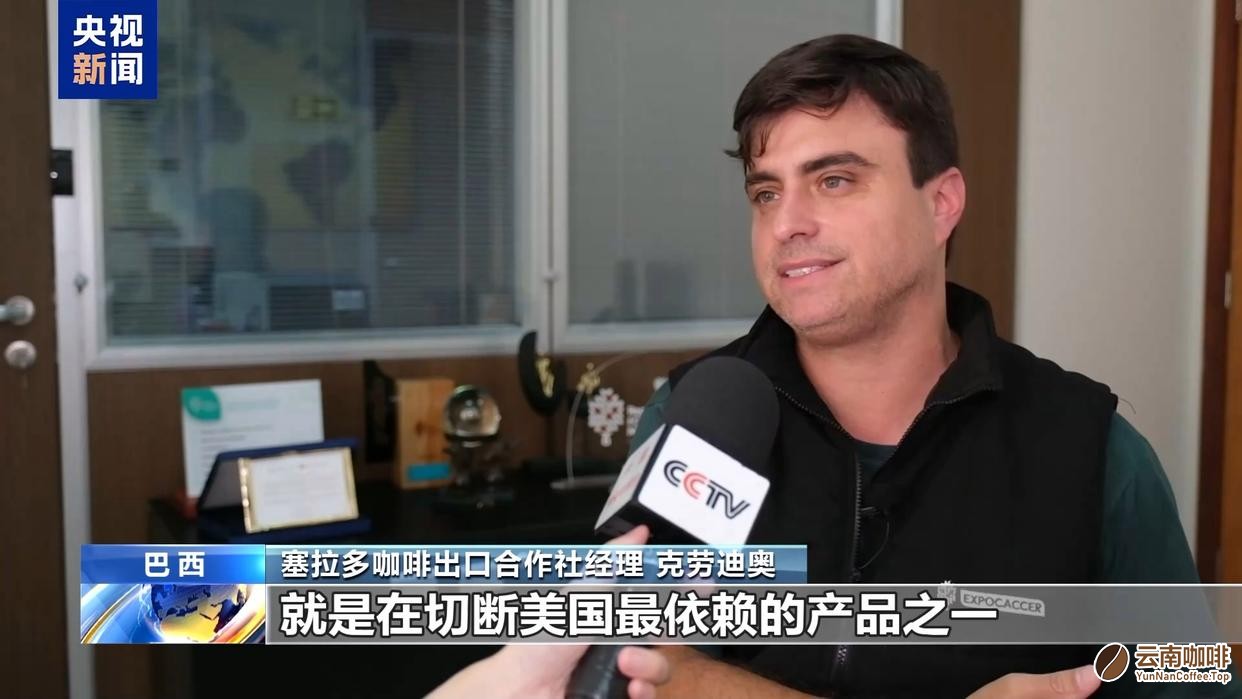
塞拉多咖啡出口合作社经理 克劳迪奥:我们谈论的是一种美国几乎不生产的产品(咖啡),同时(咖啡)又在为美国创造财富。而他们这么做(加征关税),就是在切断美国最依赖的产品之一。短期内巴西市场将受到冲击,引发失业,但这也同样会影响美国的就业情况。我们了解到,一些100%采购巴西咖啡豆的美国咖啡店,现在将不得不关门。因为短期内没有办法用其他产地的咖啡来替代巴西咖啡。
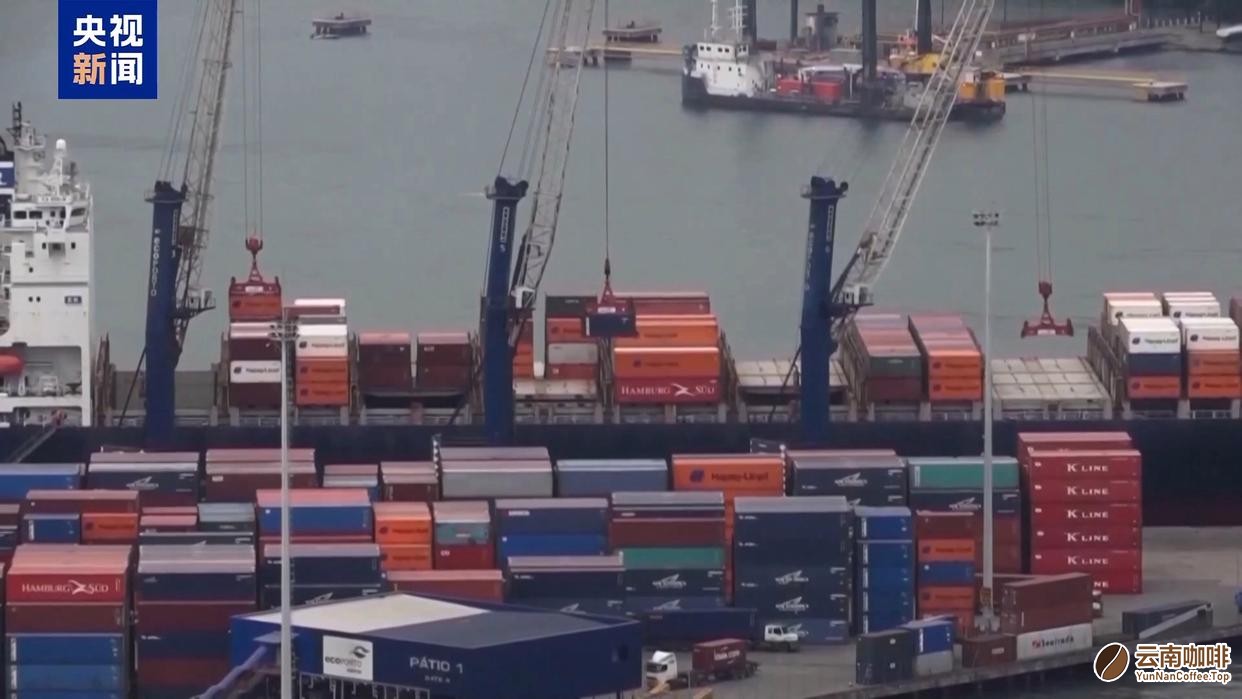
克劳迪奥表示,自8月6日起,所有运往美国的巴西咖啡都开始被征收50%的进口关税。面对骤然上升的成本,一些美国客户不得不紧急叫停已经下单的货物运输。这些货物目前被迫滞留在巴西的仓库中,发运时间尚未可知。
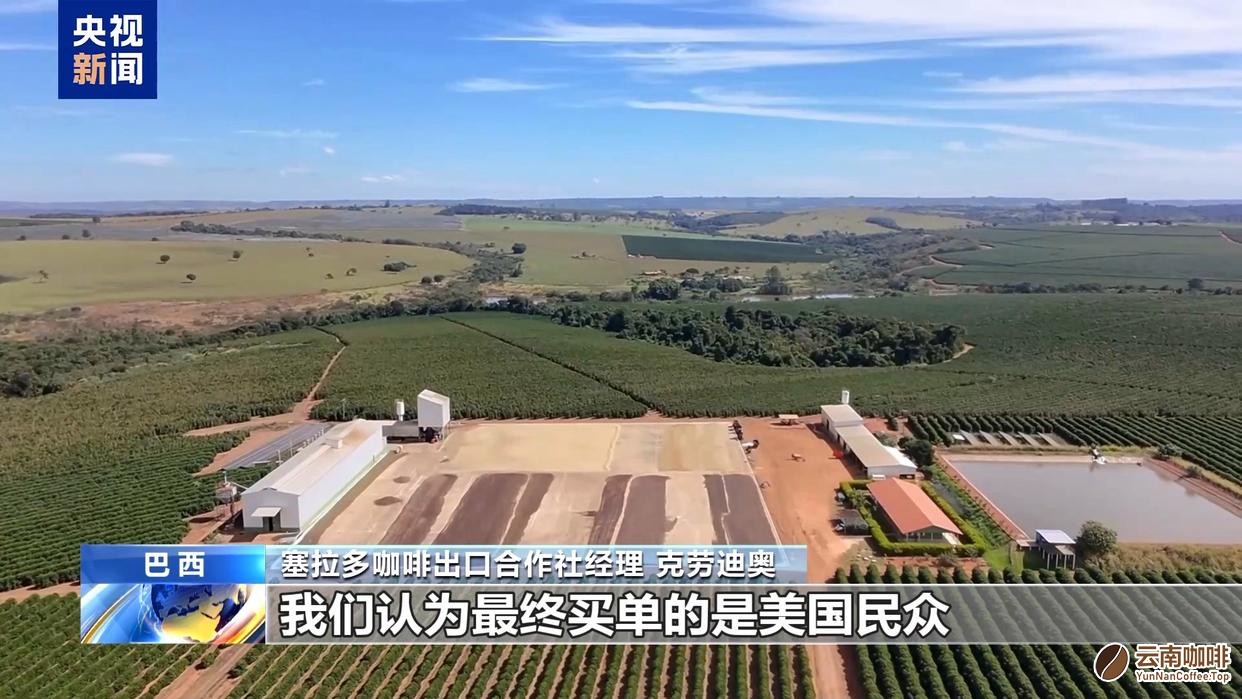
塞拉多咖啡出口合作社经理 克劳迪奥:显然现在运输到美国的巴西咖啡都会被征收50%的关税,最终谁来买单呢?我们认为最终买单的是美国民众。有九成美国人经常喝咖啡,他们会换成其他产品吗?我们认为不会。
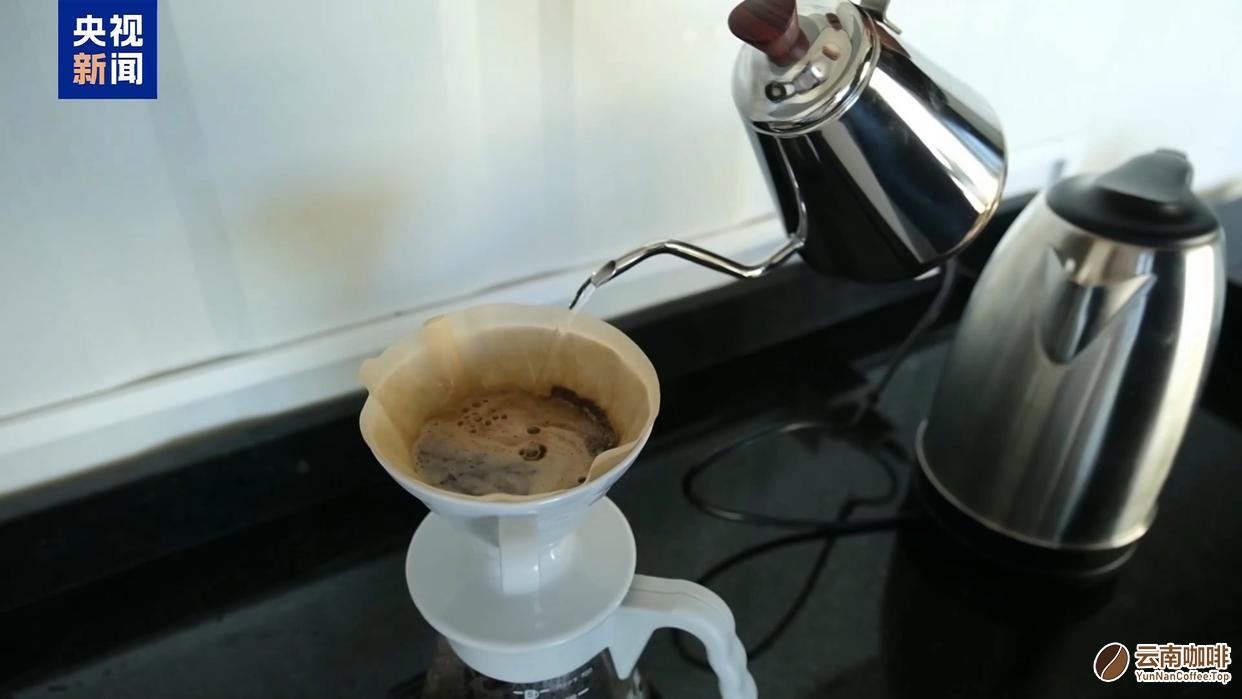
作为全球最大的咖啡生产国和第二大消费国,巴西咖啡以其优良品质享誉全球。尽管对美出口遭遇阻力,部分原计划发往美国的咖啡有望转向欧洲和亚洲市场,或被暂时储存,待市场回暖时再择机出售。
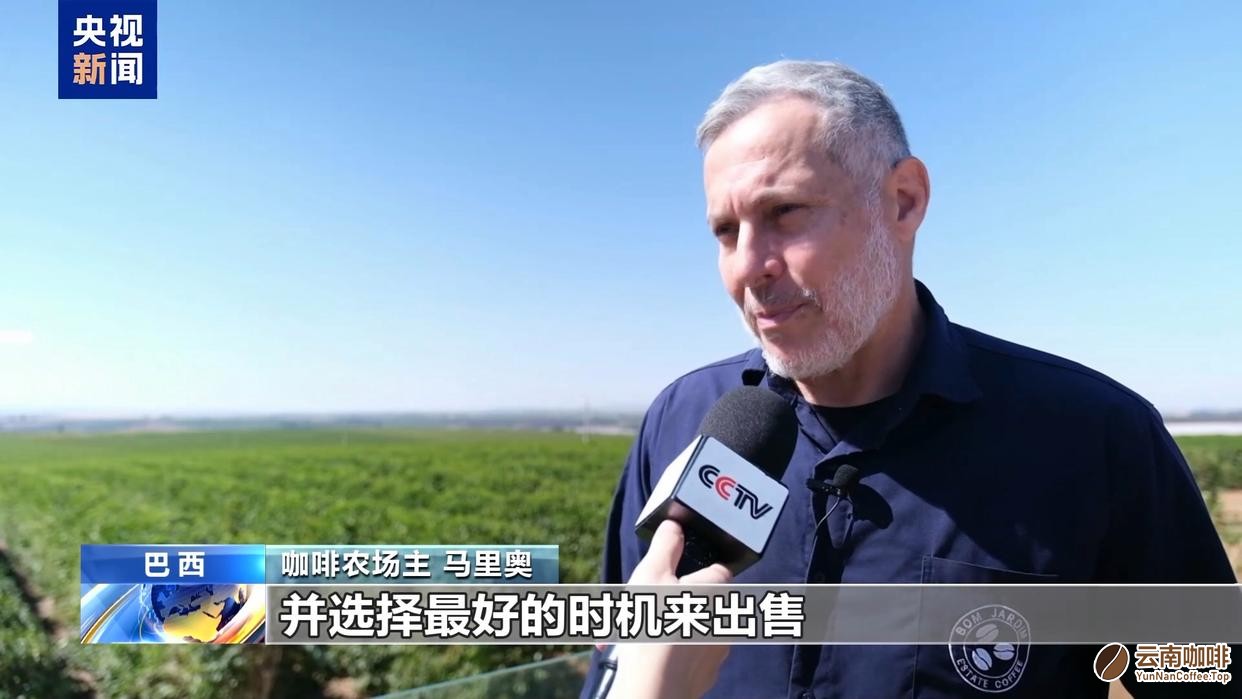
咖啡农场主 马里奥:我们农场的咖啡50%出口欧洲、30%出口亚洲、20%出口美国。咖啡可以进行时间较久的存放,我们可以选择暂时储存,并选择最好的时机来出售。我认为咖啡贸易必须越来越自由。
The high 50% tariff imposed by the United States on Brazilian coffee has triggered a chain reaction in the coffee industry. As the world's largest producer, Brazilian coffee exporters are facing the dilemma of forced order suspension and warehouse backlog. Brazilian industry insiders criticize the US policy as "harming others and oneself", and are more concerned that this tariff storm will affect the global coffee market and consumers.
CCTV reporter Cao Xuan: Uberandia, a city in the southern part of Minas state, Brazil, is one of the largest Arabica coffee producing areas in the world. It is said that on American tables, one of the three cups of coffee comes from here. Who will ultimately bear the additional cost of the recent 50% tariff imposed by the United States on Brazilian coffee?
As the world's largest coffee consumer, the United States hardly grows coffee, but the coffee industry chain provides about 2.2 million jobs for the United States. Now that the United States has imposed high tariffs, it not only hits Brazil's exports, but may also backfire on the country's economy.
Claudio, Manager of Serrado Coffee Export Cooperative: We are talking about a product (coffee) that is almost not produced in the United States, and at the same time (coffee) is creating wealth for the United States. And by doing so (imposing tariffs), they are cutting off one of America's most dependent products. In the short term, the Brazilian market will be impacted, causing unemployment, but this will also affect the employment situation in the United States. We have learned that some American coffee shops that purchase 100% Brazilian coffee beans will now have to close down. Because there is no way to replace Brazilian coffee with coffee from other regions in the short term.
Claudio stated that starting from August 6th, all Brazilian coffee shipped to the United States will be subject to a 50% import tariff. Faced with the sudden increase in costs, some American customers have had to urgently halt the transportation of goods that have already been ordered. These goods are currently forced to remain in warehouses in Brazil, and the shipping time is unknown.
Claudio, Manager of Serrado Coffee Export Cooperative: Obviously, Brazilian coffee transported to the United States will be subject to a 50% tariff now. Who will ultimately pay the bill? We believe that the ultimate payer is the American people. Ninety percent of Americans often drink coffee. Will they switch to other products? We don't think so.
As the world's largest coffee producer and second largest consumer, Brazilian coffee is renowned worldwide for its excellent quality. Despite the resistance to exports to the United States, some coffee originally planned to be sent to the United States is expected to shift to European and Asian markets, or be temporarily stored and sold when the market recovers.
Coffee farmer Mario: 50% of our farm's coffee is exported to Europe, 30% to Asia, and 20% to the United States. Coffee can be stored for a longer period of time, and we can choose to temporarily store it and choose the best time to sell it. I believe that coffee trade must become increasingly free.
